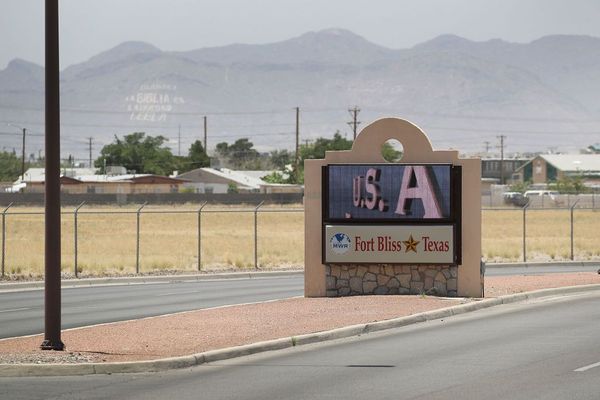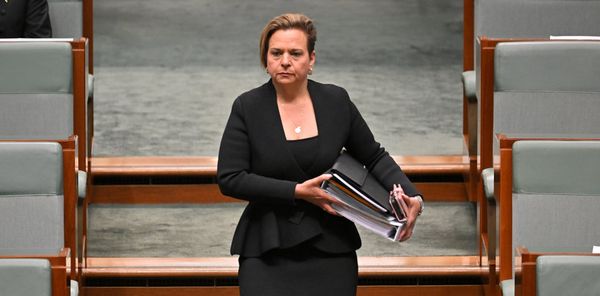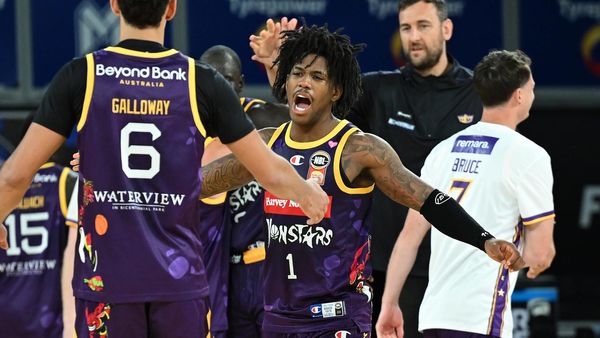
On Boxing Day, I was informed by a relative that the sympathy he’d once had for the RMT union had evaporated after its decision to hold rail strikes over Christmas. My relative understood his change of heart to be of grave significance for the trade union. Prolonged disruption had turned people like him away, he warned, and that would cost the union dearly.
His position – that the outcome of an industrial dispute is in large part determined by the presence or absence of public support – is repeated throughout coverage of the current wave of strikes. Sky News recently asked the Aslef general secretary, Mick Whelan, if the fact that nurses are paid less than train drivers made it difficult “to get the public on board when you’re talking about pay”. The Financial Times reported that senior Conservatives believe teachers, who are currently being balloted, aren’t likely to gain widespread public support after the disruption to children’s learning during the pandemic.
In each case, the role played by public support is assumed: the alignment of public sentiment with the strikers moves them toward a victory, while backlash against the unions risks their defeat. However, the relative levels of sympathy drawn by different workers doesn’t suddenly translate into leverage.
Instead, it’s workers’ ability to maximise disruption that determines their industrial power. Rather than trade unions needing to keep the public on side, the necessary and intended consequence of disruptive strike action is often the frustration of the public. This is particularly true in public sector disputes, which can’t use lost profits as leverage. Indeed, if industrial action doesn’t hurt the public, then it’s arguably only hurting striking workers through lost wages.
In disputes where strike action doesn’t cause sufficient damage to an employer, Unite hasn’t looked to change public opinion. Instead, the trade union picks a company apart, with analysts and accountants examining its directors, shareholders, suppliers, clients and possible future clients in order to hurt the parent company’s bottom line or cause it reputational damage by associating global headquarters with the toxic decisions made by UK-based executives.

When battling the fire and rehire of 500 bus drivers in Manchester by Go-Ahead, it was ultimately the discovery of the transport company’s simultaneous bid for a £3.8bn rail contract in Norway that won the union its campaign. Following the money, Unite informed Norwegian politicians of the bus company’s conduct in England, which soon prompted a signed statement from the CEO of the parent company that fire and rehire would not be used.
That’s not to say organised labour isn’t affected by public opinion. Many workers I’ve met on picket lines are understandably anxious about how they’re perceived by the public, emphasising their mixed feelings over withdrawing their labour. These fears are then compounded by irresponsible statements from ministers, such as the health secretary, Steve Barclay, accusing striking ambulance unions of making a “conscious choice to inflict harm on patients”. This can affect worker morale, in turn dampening turnout and general commitment.
Nurses’ chants of “claps don’t pay the bills” are testament to the fact that public support gets workers nowhere unless it’s mobilised. The task for unions has been to broaden the scope of their disputes beyond their own sectoral struggles, connecting members’ grievances to those of the public, thereby redirecting dissatisfaction away from workers and towards employers and the government.
For instance, opposition from transport unions to driver-only operations that eliminate the need for a train guard have been made not only on the grounds of job losses, but on passenger safety and accessibility. In a recent video, released by the National Federation of the Blind of the UK and shared by the RMT, a blind man named Kevin calls the insertion of driver-only operation as a precondition in the rail dispute negotiations by the transport secretary, Mark Harper, as deciding “who can and cannot travel”. In building these alliances, trade unions can wield their collective power for more than just their members.
What is often overlooked in the discourse is who union members are. In the face of questioning over “draining” public support, Mick Lynch, the RMT general secretary, is right to point out that his members “are the public”, pushing back on the framing that sees striking workers as inherently apart from, or opposed to, ordinary people. A recent Telegraph article that sought to present RMT members as greedy by claiming that “rail workers are far better paid than the average Briton” acted instead as an inadvertent advert for unionisation.
Polly Smythe is labour movement correspondent at Novara Media







